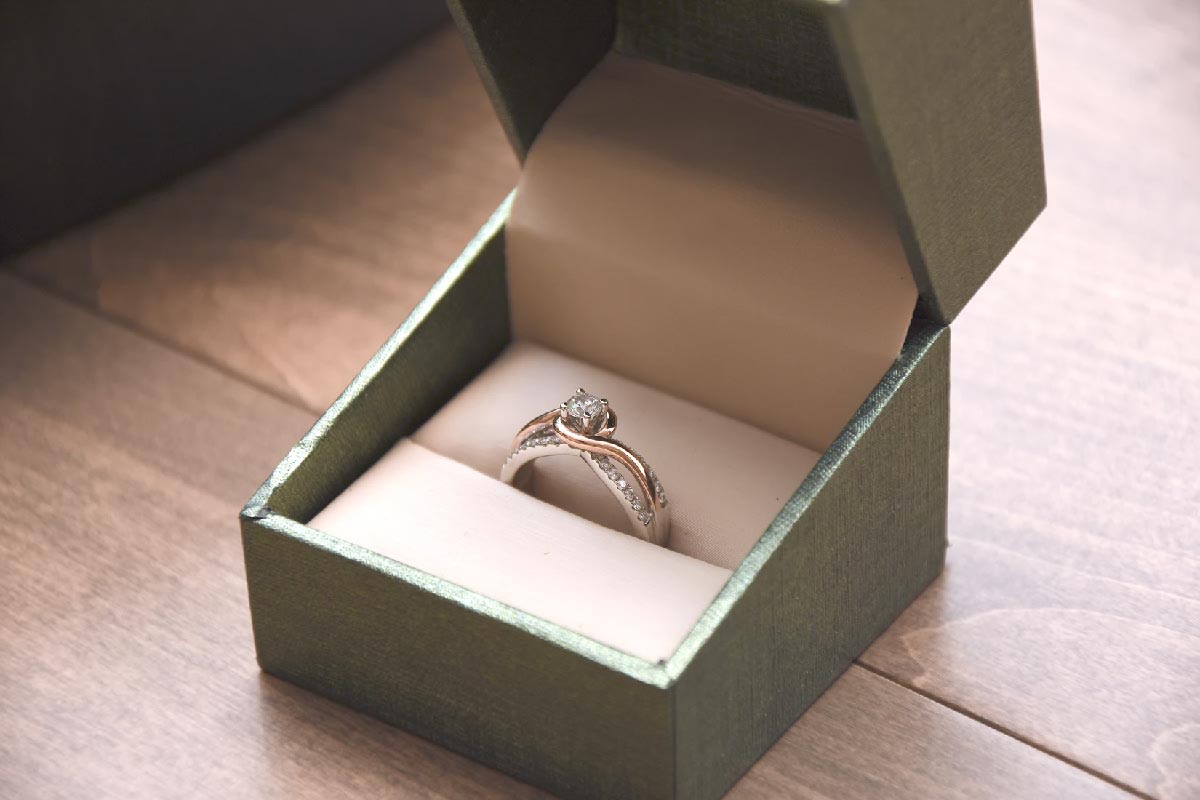Ah, the engagement ring—symbol of love and commitment. After the big question is popped, it’s the first thing friends and family ask to see, a marker of taste and income, a family heirloom-to-be. It is also often expensive, featuring diamonds or other precious gems. A popular rule of thumb (though certainly not a requirement) is that the ring’s cost should be three times the giver’s monthly salary. According to one survey, the average cost of an engagement ring in the U.S. is $5,900.
So if the couple splits up before the wedding, what happens to the ring? Can the recipient keep it? Or must it be returned to the donor who footed the hefty bill?
In Massachusetts, the general rule is that an engagement ring is a “conditional gift.” In other words, the ring is given with the implied condition that the couple will get married. If the marriage does not occur, then the condition has not been satisfied, and the ring should be returned to the donor. That said, there are exceptions.
How and Why an Engagement Ends Can Affect Who Gets the Ring
There are as many reasons for engagements to break as there are individuals to break them. Under certain circumstances, how and why the engagement ended can make a difference in who keeps the ring.
In general, if one party is at fault for ending the engagement, that party is not entitled to the ring. The party who terminates the engagement, however, is not necessarily “at fault.” The determination of “fault” is based on whichever party engaged in improper behavior. Engagements may end by mutual agreement, with neither party being at fault. In that case, the general rule applies, and the ring should go back to the donor.
When the engagement ring is given can be a factor also. For example, an engagement ring given on a holiday such as Christmas or a birthday may be considered a mixed gift—partly conditional and partly unconditional. If the couple then breaks up before getting married, but there is a legal determination that the engagement ring was an unconditional gift, then there may be no obligation to return the ring.
When a Marriage Ends in Divorce, It’s Up to the Courts
What happens to the ring if the couple marries and later divorces? That’s a different story. Once the marriage takes place, the condition for which the engagement ring was given has been satisfied. The ring is then treated as ordinary personal property, and it is subject to the Court’s decision about how to divide the couple’s property in the divorce action.
We hope that you never have to contemplate how to resolve an engagement ring conflict, but life brings unexpected turns. Should you find yourself in this dilemma or a related one, our team of experienced family law attorneys stands ready to help.

